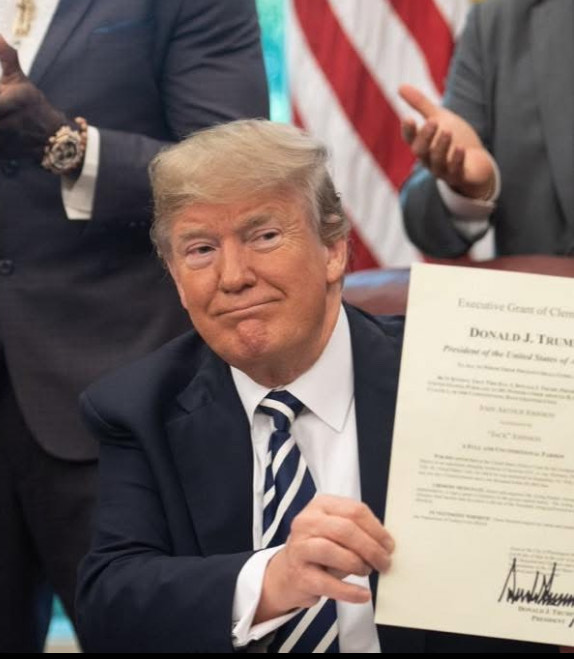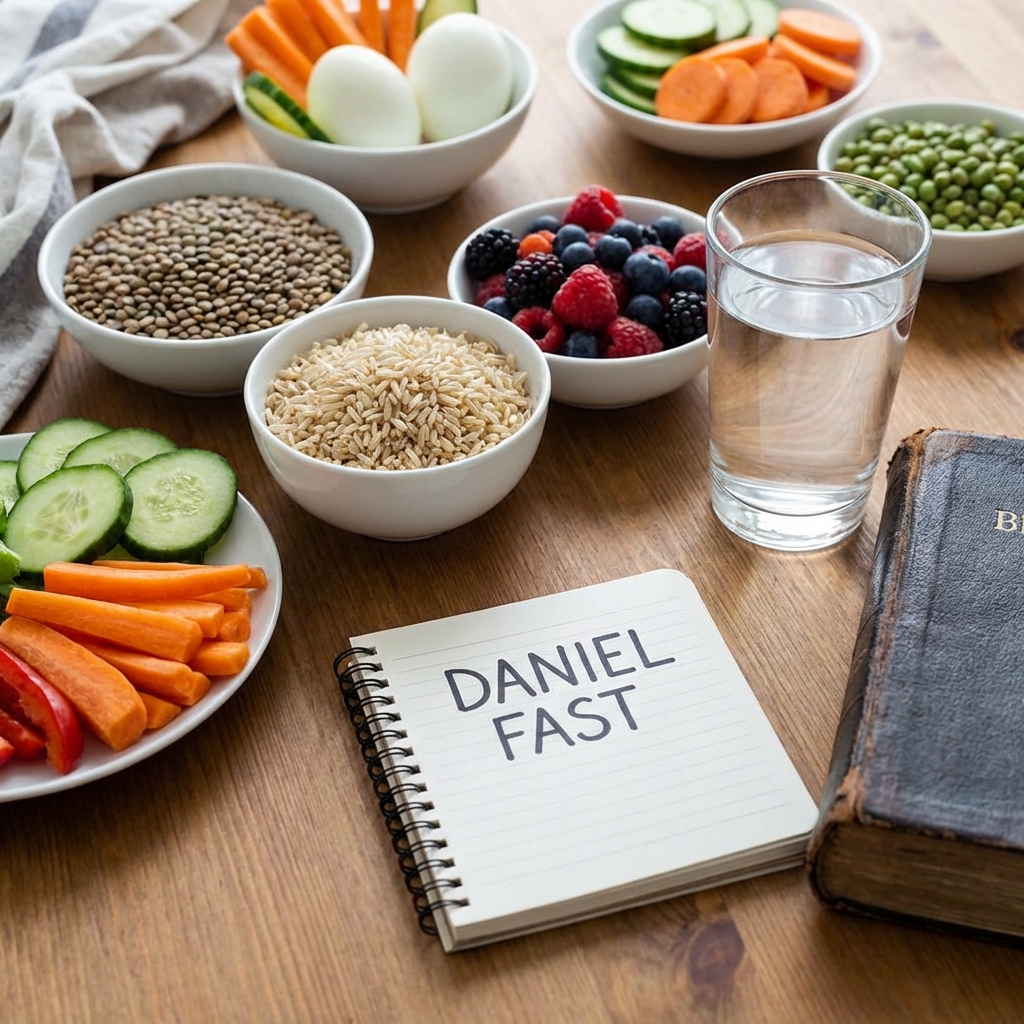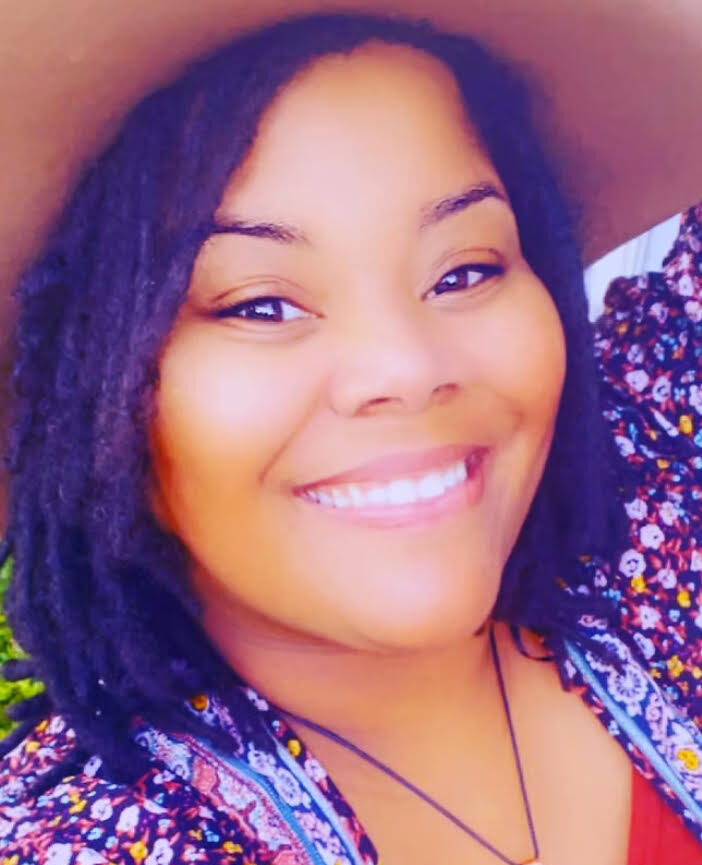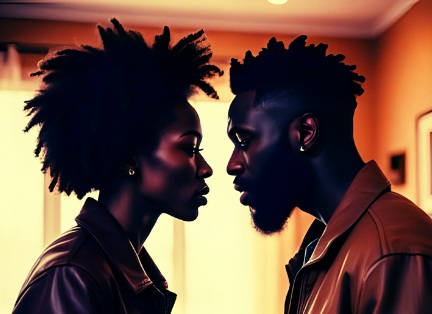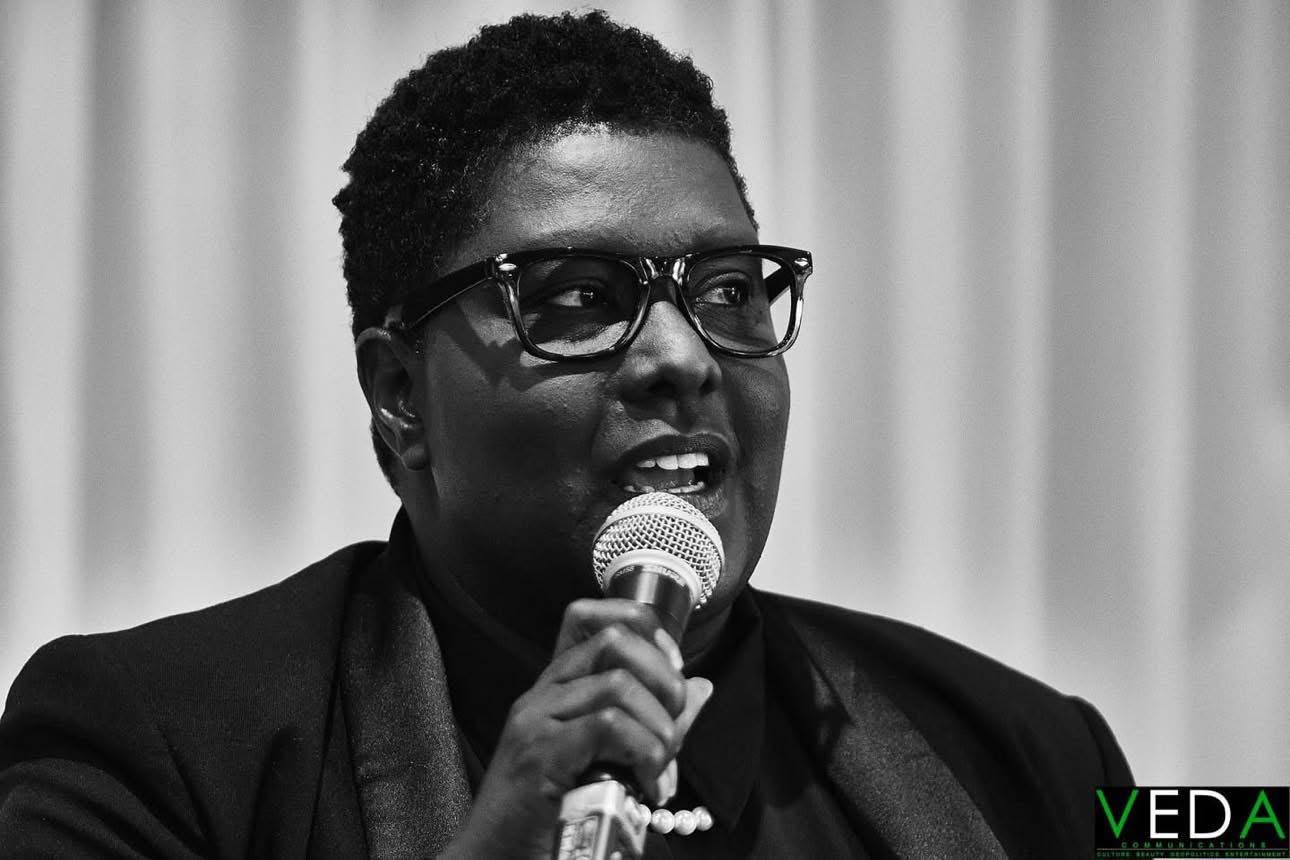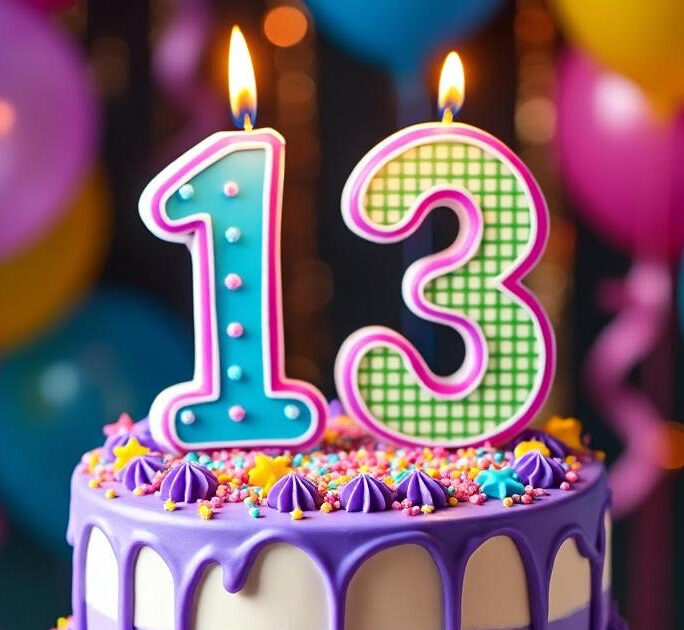Pres. Trump has passed a lot of traumatizing policies during his second term but he seems to be a forgiving man because he has freed NBA Youngboy, Larry Hoover, and Todd and Julie Chrisley. However, that may not be Trump’s true intentions. Still, he is setting an example of forgiveness and second chances by pardoning ex-offenders who were found guilty in high-profile federal cases. On Wednesday, Pres. Trump pardoned 25 offenders and a total of 40 since he was inaugurated this year.
NBA Youngboy Pardoned

Popular rapper, NBA Youngboy whose real name is Kentrell Gaulden, was one of 25 people who was issued a pardon this week. The entertainment artist admitted to carrying multiple weapons while filming a music video in Louisiana despite being a convicted felon. NBA Youngboy was also caught with a gun near his home in Utah. He has pleaded guilty to his role in a prescription drug fraud ring and aggregated assault with a firearm. The rap artist has had serious charges in the past and multiple convictions but Pres. Trump felt he deserved a second chance.
Larry Hoover Pardoned
Larry Hoover, founder of the notorious Chicago gang, Gangster Disciples. In the 1990s, Larry Hoover was charged with many federal charges and was given 6 life sentences and a 200-year jail term for murder, conspiracy, extortion, and drug and criminal charges. The 74-year-old was not to be free during this lifetime again but he was another person who was freed this week due to Pres. Trump’s pardons.
“Congratulate your parents. I hear they are terrific people. This should not have happened,” Pres. Trump
Todd and Julie Chrisley Pardoned
Reality TV stars from Chrisley Knows Best, Todd and Julie Chrisley, were found guilty of fraud and tax evasion in 2022. They submitted fake documents to banks when applying for loans and were sentenced to 12 and 7 years in prison. Pres. Trump reached out to their daughter, Savanna Chrisley, and told her that he was pardoning them for “immediate release.” Pres. Trump told Savannah, “They were given pretty harsh treatment based on what I am hearing, pretty harsh treatment.” He continues to tell her, “Congratulate your parents. I hear they are terrific people. This should not have happened.”

Other Pardons
Michael Harris, co-founder of Death Row Records, was pardoned after spending decades in prison on drug charges. The former Connecticut Governor was convicted of election fraud and he is free as of Wednesday. Pres. Trump says he will look into pardoning the group of men who planned to kidnap Michigan Governor, Gretchen Whitmer. There is talk that R. Kelly could be next.
What is a Pardon?
A pardon is an official forgiveness granted by a government authority, typically the President of the United States which absolves an individual from legal consequences associated with a criminal conviction.
Key points about pardons include:
1. Forgiveness of Conviction: A pardon removes the legal penalties associated with a person’s conviction, essentially forgiving the crime.
2. Restoration of Rights: In many cases, a pardon restores certain rights that may have been lost due to a conviction, such as the right to vote, serve on a jury, or hold public office.
3. Not a Declaration of Innocence: A pardon does not imply that the individual was innocent of the crime; it simply means that the government has chosen to forgive the offense.
4. Presidential Authority: In the U.S., the Constitution grants the president the power to grant pardons for federal offenses. State governors have similar powers for state offenses.
5. Process: The process for obtaining a pardon varies by jurisdiction but typically requires an application and review by relevant authorities. Factors considered may include the nature of the crime, time served, behavior since the conviction, and evidence of rehabilitation.
6. Discretionary Power: Granting a pardon is a discretionary power, meaning the president or governor does not have to provide specific reasons for granting or denying a pardon.
7. Historical Use: Pardons have been used throughout U.S. history to address issues such as wrongful convictions, rehabilitation, and to promote justice and mercy.
Overall, a pardon serves as a significant legal remedy for individuals seeking to move past their criminal convictions and reintegrate into society.
The role of a pardon about an individual’s legal penalties includes several important functions:
1. Absolution of Criminal Conviction: A pardon effectively removes the legal consequences associated with a conviction, absolving the individual of the crime for which they were sentenced. This means that the individual is forgiven for their offense and is no longer subject to the punishments originally imposed by the court.
2. Restoration of Rights: A pardon often restores certain rights that may have been lost due to a criminal conviction. This can include the right to vote, serve on a jury, or hold public office. The restoration of these rights can facilitate reintegration into society.
3. Mitigation of Consequences: While a pardon does not erase the conviction from the individual’s record, it mitigates the impact of that conviction on various aspects of life, such as employment opportunities, housing options, and social stigma.
4. Recognition of Rehabilitation: A pardon can serve as an acknowledgment of an individual’s efforts toward rehabilitation and personal improvement since their conviction. It indicates that the individual has taken steps to make amends and lead a law-abiding life.
5. Public Policy Considerations: Pardons can reflect broader public policy goals, such as the promotion of justice, mercy, and second chances. They may address systemic issues within the legal system and can signal a shift toward more lenient approaches to certain offenses, especially non-violent crimes.
6. Symbolic Value: Beyond its legal implications, a pardon carries symbolic value, representing forgiveness and the possibility of redemption. It can highlight societal values of compassion and the belief in rehabilitation rather than perpetual punishment.
7. Limitations: It’s important to note that a pardon does not erase the conviction from an individual’s criminal record. Therefore, while the legal penalties are lifted, the fact of the conviction may still appear in background checks, unless further action, such as expungement, is taken.
A pardon serves to alleviate the legal penalties associated with a conviction, restore rights, recognize rehabilitation efforts, and reflect societal values regarding justice and mercy.
Role of the Media
Media attention significantly shapes Trump’s decisions on pardons, as it combines personal narratives with broader societal issues, creating a persuasive case for clemency that resonates with his administration’s values and priorities.
Here are several key ways:
1. Increased Visibility: High-profile cases that receive extensive media coverage often attract the public’s and the administration’s attention. This visibility can elevate the urgency and importance of a particular case, prompting decision-makers to take action.
2. Public Discourse: Media coverage can shape public discourse around specific cases, framing them in terms of justice, rehabilitation, and fairness. This framing can lead to shifts in public opinion, encouraging administrations to respond to perceived injustices through pardons.
3. Pressure on Decision-Makers: Intense media scrutiny can create pressure on political leaders to act. When stories of individuals seeking pardons are highlighted, especially those involving wrongful convictions or harsh sentences, public outcry can compel decision-makers to consider clemency.
4. Humanizing Individuals: Media narratives often humanize those seeking pardons. Personal stories shared through interviews, documentaries, or articles can resonate with the public, creating empathy and a sense of justice that may influence pardoning decisions.
5. Advocacy and Support: Media attention can galvanize public advocacy efforts, mobilizing supporters to campaign for clemency. Petitions and social media campaigns often gain traction through media coverage, amplifying voices calling for pardons.
6. Highlighting Injustices: Investigative journalism can uncover systemic issues or injustices in the legal system. By shining a spotlight on these problems, the media can prompt calls for reform and clemency for those affected.
7. Political Implications: Pardons linked to high-profile cases can have political ramifications. Media coverage often highlights the implications of a pardon, influencing public perception of the administration and its priorities, which can sway decision-making.
8. Feedback Loop: Media stories can create a feedback loop where initial coverage leads to more advocacy and discussion, which in turn prompts further scrutiny and potential pardons. The cycle can amplify the pressure on decision-makers.
In essence, media attention acts as both a catalyst and a magnifying glass, shaping the narrative around pardons and influencing decisions through heightened public awareness, advocacy, and discussion.
Pres. Trump has only been in office less than 6 months and has pardoned 40 offenders. During his first term, he granted a total of 237 pardons. He has freed entertainment artists, gang leaders, reality TV stars, and politicians. Since Pres. Trump was found guilty on 34 counts of falsifying business records, he got a second chance because he faced no penalties for his conviction. Regardless of how serious the charges are if Pres. Trump believes that an individual should receive a second chance then he will pardon them.
Here are some notable examples of celebrities who have received pardons from U.S. presidents over the years.
1. Joe Arpaio: The former sheriff of Maricopa County, Arizona, known for his controversial immigration enforcement practices, was pardoned by President Donald Trump in 2017. His pardon followed his conviction for contempt of court.
2. Dinesh D’Souza: The conservative author and filmmaker was convicted of campaign finance violations and pardoned by Trump in 2018. His case attracted significant media attention and was supported by his political allies.
3. Martha Stewart: The lifestyle guru and television personality was convicted for lying to investigators about a stock sale and served five months in prison. She received a commutation from President Barack Obama in 2014, though not a full pardon.
4. Michael Vick: The former NFL quarterback, convicted for his role in a dogfighting ring, was pardoned by President Trump in 2021. Vick had served time and later became an advocate against animal cruelty.
5. Ruben “Hurricane” Carter: The former middleweight boxing champion, wrongfully convicted of murder, was pardoned by President Bill Clinton in 2006 after spending nearly 20 years in prison.
6. Jim McGreevey: The former governor of New Jersey, who resigned following a scandal, was pardoned by Governor Phil Murphy in 2020. McGreevey had been involved in various public service efforts since leaving office.
7. Rod Blagojevich: The former Illinois governor was convicted for corruption and was pardoned by Trump in 2020. He gained attention due to his ties to President Obama and his outspoken personality.
8. Alice Marie Johnson: A non-celebrity who gained fame through celebrity advocacy, Johnson was convicted of drug trafficking and sentenced to life in prison. She was granted clemency by Trump in 2018 after advocacy from Kim Kardashian West brought attention to her case.
Conclusion:
In the last 6 months Pres. trump has been in office, he has not only pardoned NBA Youngboy, Larry Hoover, and Todd and Julie Chrisley but granted pardons to over 30 other offenders. During his first term, he granted a total of 237 pardons. He has freed entertainment artists, gang leaders, reality TV stars, and politicians. These examples highlight how celebrity status and media attention can influence pardoning decisions, often intertwining with broader societal issues and reform movements. Since Pres. Trump was found guilty on 34 counts of falsifying business records, he got a second chance because he faced no penalties for his conviction. Regardless of how serious the charges are if Pres. Trump believes that an individual should receive a second chance then he will pardon them.
NBA Youngboy thanks Trump for granting his pardon: https://www.foxnews.com/politics/rapper-thanks-trump-pardon-gun-conviction
Gretchen Whitmer is diappointed in Trump: https://www.nbcnews.com/politics/politics-news/gretchen-whitmer-says-disappointed-trump-considering-pardon-men-plotte-rcna209721
The Chrisley’s reality TV show comeback: https://thehill.com/blogs/in-the-know/5323993-chrisleys-return-tv-post-donald-trump-pardon/
